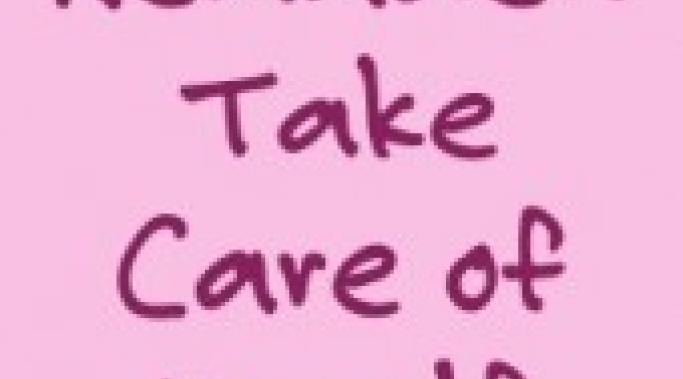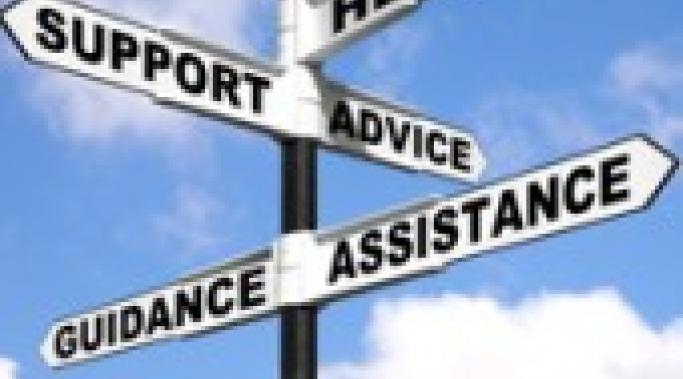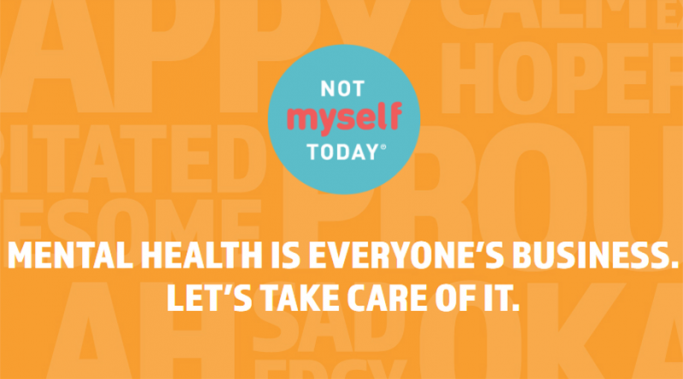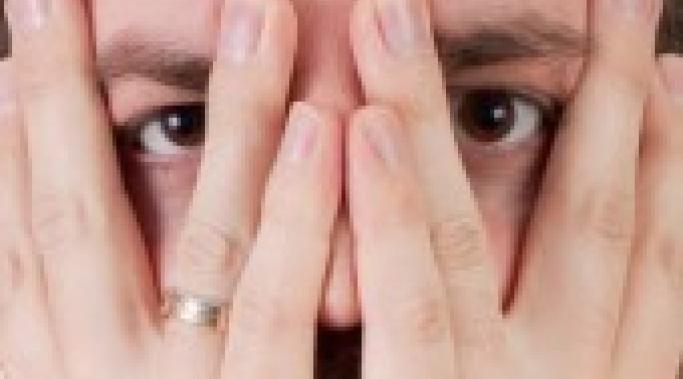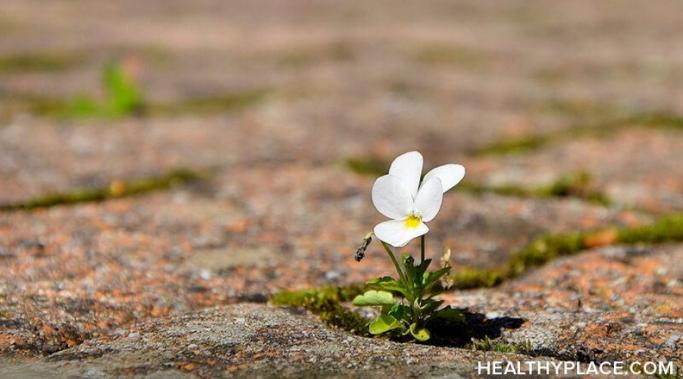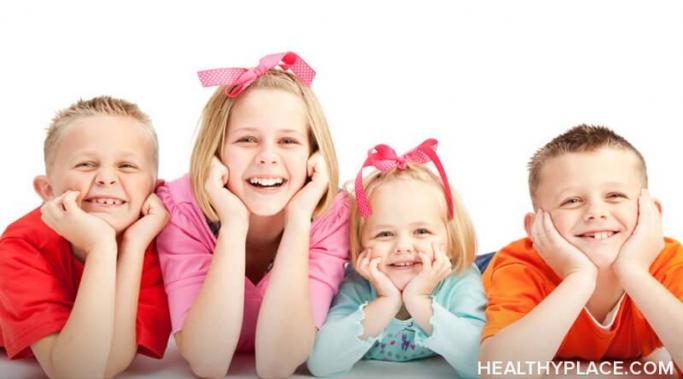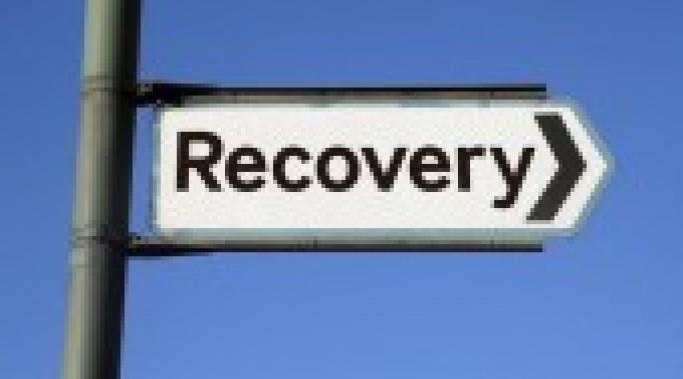Earlier this week, I wrote a blog on the topic of self-care when you live with a mental illness. Within that blog I focused on the importance of exercise, nourishing our bodies properly and having a regular sleep pattern. This blog will focus less on what we need to do to stay well but what we might consider avoiding--external and internal negative influences-- in order to recover from mental illness effectively.
Recovering from Mental Illness
When you are first diagnosed with a mental illness you are told--probably within the same five minutes--that self-care is crucial when working to become stabilized.
What is Self-Care and Why is It Important?
Let me stress that by "friends" I do not mean you should ask he or she out for coffee or maybe to a movie. Refrain from a discussion focused on the new recipes you thought up and the shoes you found half off on the weekend...
My Experience With My Psychiatrist
I'm pretty sure I have never written on this topic before. In nearly one-and-a-half years, I have never written exclusively about mental illness and anger. That sort of makes me a bit angry at myself. Just a touch! I think, and perhaps you agree, that the journey we make from the diagnosis of mental illness to recovery is full of anger.
If you live with a mental illness, you have probably found yourself wondering if you should talk to your potential or current employer about your illness. It's hard. We all want to be viewed-- especially within our chosen occupations--as competent and talented. We do not want to be labelled, or defined as living with a mental illness. We don't want to be only "a person with a mental illness."
Oh...This is hard. I don't think I have ever slept this much in a very long time. I can sleep 20 hours a day. I can drag my ass out of bed to complete important articles, walk the dog and feed the cats and...fall back into bed. And by accident! I just cannot stay awake. My bed and I have become best friends. The books on my night-table keep me company and I try to eat. My life, pretty good just a month ago, has bloody well crumbled and I cannot even find the pieces to put it back together.
Guilt. I hate that word. I hate the feelings that attach itself to it and the times in which I felt that my mental illness, the actions resulting from it, hurt other people. Hurting those I loved felt like the worse sort of guilt. Like being punched in the stomach and unable to breathe. Guilt is not just a word nor a feeling: When you live with a mental illness it can come to define your life. It can become dangerous.
I ask myself, "How much time alone is too much time alone?" on a regular basis. When it is 6 p.m. and I have been writing all day and have not left my house for more than thirty minutes to walk my dog. Or when it is 4 p.m. and I am exhausted because the sun has slipped away again and I'm getting sort of sad. Spending time alone, being able to be alone, is healthy. But when you live with a mental illness, spending too much time alone, well, take it from me--it gets pretty lonely.
I remember being a little girl--my hair was curly and my mother put pink ribbons in it. Apparently, I was pretty cute, but I'm certain it's a mothers blessing to honestly believe they have the best looking little ones. That aside, I remember a life in which I was not afraid of the future. I was excited! I had lots and lots of plans, some of them secret and some of them I told everyone I could.
When I grew up I wanted to be a doctor and an actress and as pretty as the babysitter who occasionally took care of my siblings and I. I was not afraid of the future; I was still young and pure as only children are. I had not yet been diagnosed with a chronic mental illness.
Picture this: you are sitting in your psychiatrist's office and you are probably tapping your foot, and watching while he or she takes notes--- quick and swift notes that seem to determine your fate. I don't think it's ever a comfortable situational, but it is, above all else, an important relationship. Yes, those sometimes irritating conversations in which we explain our damn feelings, well, that's part of our recovery.
